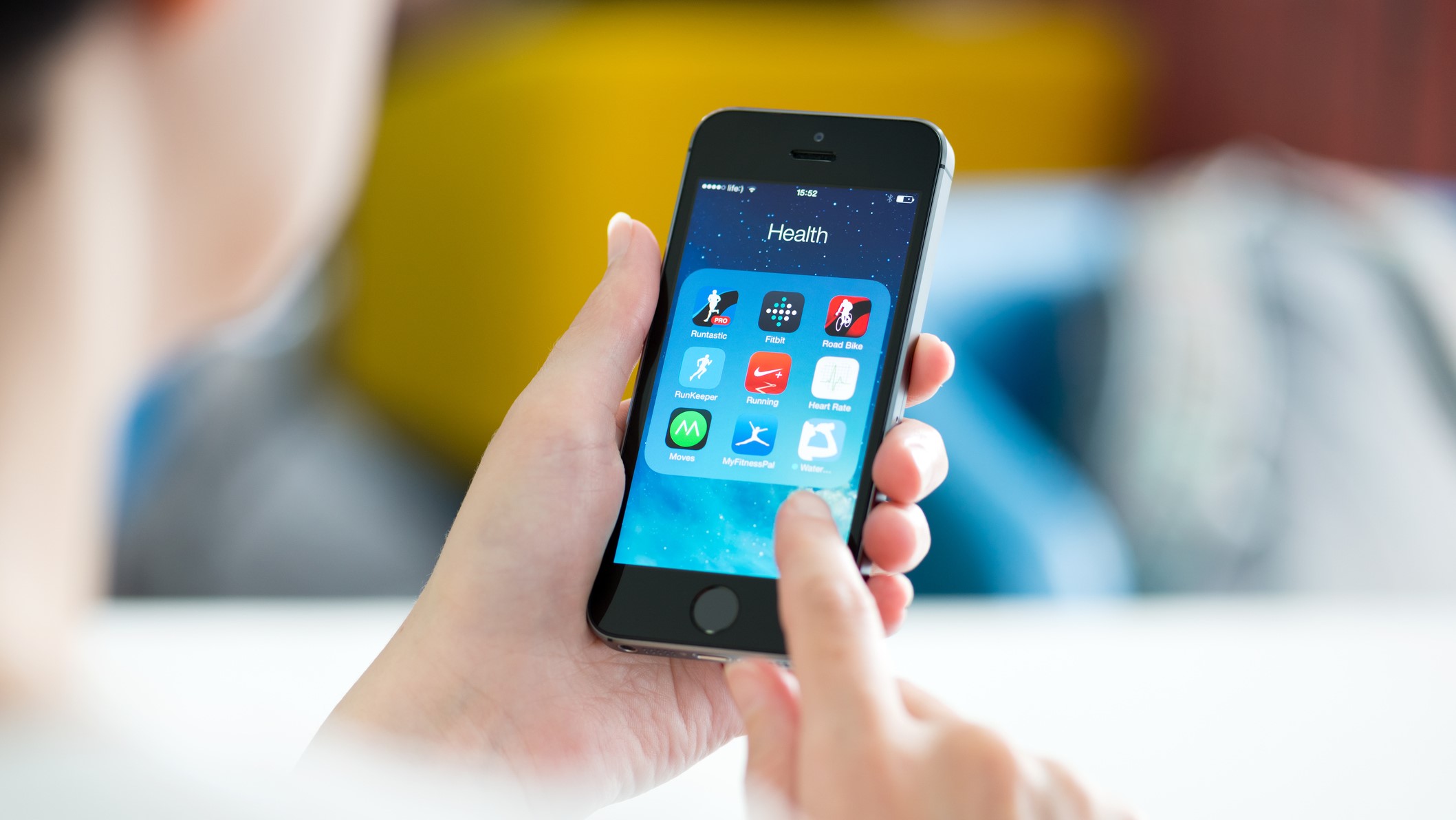Digital interventions could help behaviour change, says NICE

The UK’s health watchdog has said health professionals can consider digital and mobile interventions as a supplement to regular services to support behaviour change in people at risk of developing chronic conditions.
NICE’s new draft guideline says that digital interventions such as apps, wearable devices and online programmes and websites may help people achieve health goals.
This includes helping people to be more physically active, manage their weight, quit smoking, reduce alcohol intake or reduce unsafe sexual behaviour.
The recommendations are in line with the NHS Long Term Plan, though NICE says the digital tools should be offered in addition to existing health and care services, not as a replacement.
“Digital interventions for behaviour change could help people make important improvements to their lifestyle, which may reduce their risk of developing serious chronic conditions such as diabetes and cardiovascular disease,” said Dr Paul Chrisp, director of NICE’s centre for guidelines.
“Clinicians may choose to consider these interventions as an option to work alongside traditional health care services towards a change in behaviour.”
The draft guidance recommends using resources from expert sources when possible, such as Public Health England and the NHS apps library, to ensure the content has been assessed for safety, effectiveness and data security.
Apps provided by Public Health England include Couch to 5K, a programme that helps people gradually increase their activity until they can run five kilometres, and Smoke Free, a four-week programme that provides practical support, encouragement and tailored advice to help people quit smoking.
Examples of apps that have been assessed by the NHS include iPrescribe Exercise, which creates a 12-week exercise plan based on health information set by the user, and Sugarmedown, which allows people to monitor how much added sugar they eat and offers a 12-week programme of food plans and workouts.
While highlighting the potential benefit of digital interventions, the NICE recommendations acknowledge possible complications with their use and urge clinicians to take care that patients do not rely on the apps as a way of avoiding seeing a professional.
The guideline also points to the uncertainty of their effectiveness when used alone and recommends them only as supportive tools in addition to regular services.
It is therefore recommended that healthcare professionals advise patients on digital interventions as appropriate, on a case by case basis.
A consultation on the draft recommendations is now open. Stakeholders can have their say at nice.org.uk until 6 March 2020.











